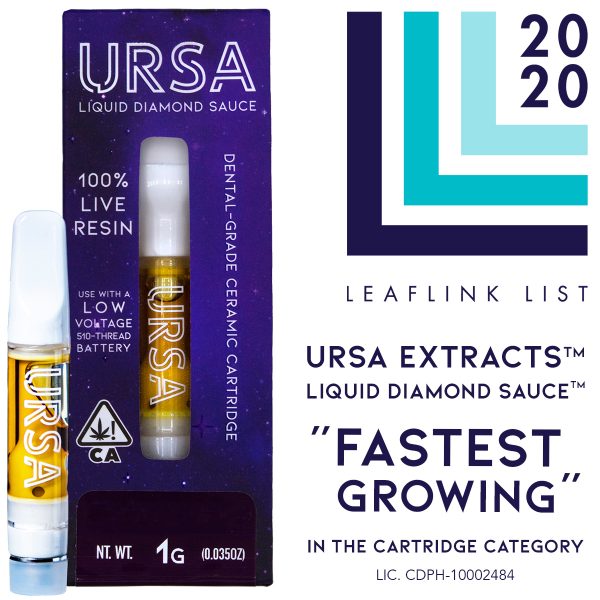Here's what's happening in California:
"We're going to dominate": Following Subversive Capital's blockbuster deal to acquire Caliva and Left Coast Ventures, WeedWeek talked to Subversive CEO Michael Auerbach about the deal, the role of Chief Visionary Officer Jay-Z and Auerbach's plans for the $575M on his balance sheet:
- Auerbach: "None of the traditional MSOs [multi-state operators] have a large footprint in the state, so it’s ripe for consolidation. $575M in cash is five times the amount of cash as the top MSOs [in California] combined. It’s going to be very difficult to catch us."
*
"Product category of the future:" Olo and Kin Slips, California's two leading sublingual strips companies recently merged to create a dominant player in this niche.
- Sublinguals currently have 2%-3% market share.
- I spoke to Andrew Lobo, CEO of the combined venture, who argued that sublingual strips are "a form factor superior to any other for cannabis consumption."
- As a zero-calorie option that doesn't affect the respiratory system, he anticipates "high double-digit to triple digit annual growth is highly achievable in the near term."
*
SCOOP: CannaSafe, the testing company which told WeedWeek it tests 30% of the legal product in California, has had its license suspended.
- A spokesperson for CannaSafe said the suspension came after a client test led to questions from the Bureau of Cannabis Control(BCC). The spokesperson declined to provide further details on the query or the product involved.
- BCC declined to comment on an ongoing investigation.
- In May, CannaSafe said its revenue had grown a staggering 12,000% in the last three years. It operates one testing facility, in Van Nuys and aspires to open in additional states.
- There are about 30 other licensed testing labs in California.
- Reporting credit: Donnell Alexander.
*
Surging sales boosted California's pot tax revenue to $307M for Q3. The total doesn't include city and county taxes.
*
Is cannabis a thirsty plant? A forthcoming report aims to dispel some of the misconceptions about cultivators' water needs.
- While cannabis doesn't use as much water as other major crops, in part because so much less plant matter is needed, the issue requires close attention as California and other western states cope with the "enduring problem" of water scarcity.
- Illegal growers typically consume far more water than their licensed counterparts.
*
Get to Know: KushCo For a new feature, we asked diversified ancillary player KushCo about its businesses and key people. Want to see your company featured in a future edition of Get to Know? Drop us a line hello@weedweek.net
*
Funded by pot taxes, California is awarding $30M for 34 cannabis related studies in fields like public health, criminal justice and the cannabis industry.
*
The consumers suing CBD company CV Sciences have asked a federal judge to end an indefinite stay on the suit. They argue that the FDA is unlikely to clarify CBD's legal status as a dietary supplement anytime soon.
- They filed the lawsuit on grounds that CV's CBD products were illegally labeled as dietary supplements and/or illegally contained CBD as a dietary ingredient.






